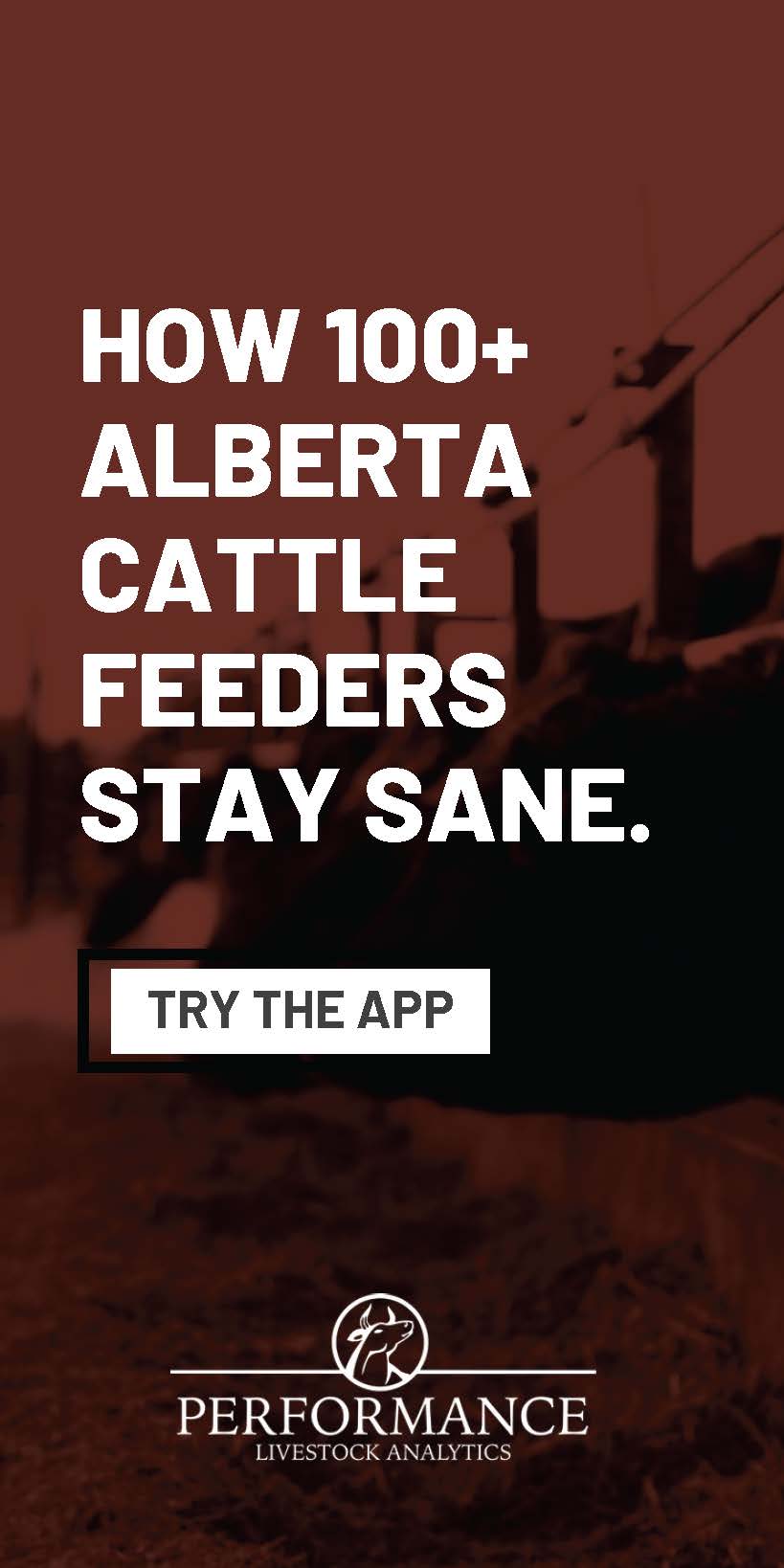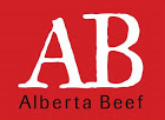As a new breed, Speckle Park have the opportunity to set up their registry and requirements using all the regulations and new technologies to ensure the breed as a whole maintains its integrity and genetic health. The association has worked hard to develop the breed with the best interests of breeders, the beef industry and the commercial cattlemen who are their customers. Here’s looking at Speckle Park with an eye to the future.
Effective in 2011 every Speckle Park registered, male and female, must be qualified by DNA against its sire, making this the first beef cattle breed association in Canada to adopt such a measure. Currently all bulls must be qualified by DNA against their sire before they can be sold or any calves registered to them. The result after a few years will be all Speckle Park qualified against both parents. The members agree that these measures are necessary to ensure the integrity of the Speckle Park registry and reputation. “Not everything that’s ‘speckled’ is a Speckle Park,” says Rod Remin, the Association’s business manager. “It’s so important to ask for the registration papers when buying Speckle Park offered as purebred, especially bulls. What other guarantee do you have it’s a purebred Speckle Park?”
Speckle Park are a healthy breed. So far they have not given any evidence of inherited debilitating disease or physical anomalies. To ensure the continued health of the breed members adopted mandatory reporting of any congenital conditions which render an animal ineligible for registration. In addition any other unusual conditions, whether known to be of genetic cause or not, must be reported. Monitoring the genetic health of the breed in this way will ensure its continued success.
Speckle Park are uniformly a polled breed. However a few horn carriers still can be identified. The Association is working on the development of a DNA test to identify any potential carriers of the horn gene so that buyers can buy “polled” with confidence. Canadian breeders are also participating with their Australian and New Zealand counterparts to record performance data for EBV (Estimated Breeding Values) and the Canadian equivalent EPD (Estimated Progeny Difference). Speckle Park are now walking in the paths and benefiting from the technologies developed and lessons learned by the breeds which have gone before us.
As breeders seek to improve the Speckle Park breed, Ken and Tania Malterer of Ponoka are providing growth and carcass data from the Speckle Park they have on feed in their age verified natural beef program. Ken and Tania’s Ponderosa Farms buy Speckle Park calves from the breeders, finish them, and then provide the significant growth and carcass data back to the individual breeders. This feedback loop will serve Speckle Park breeders well in the development of their breeding programs by identifying the animals which are producing the best carcasses.



